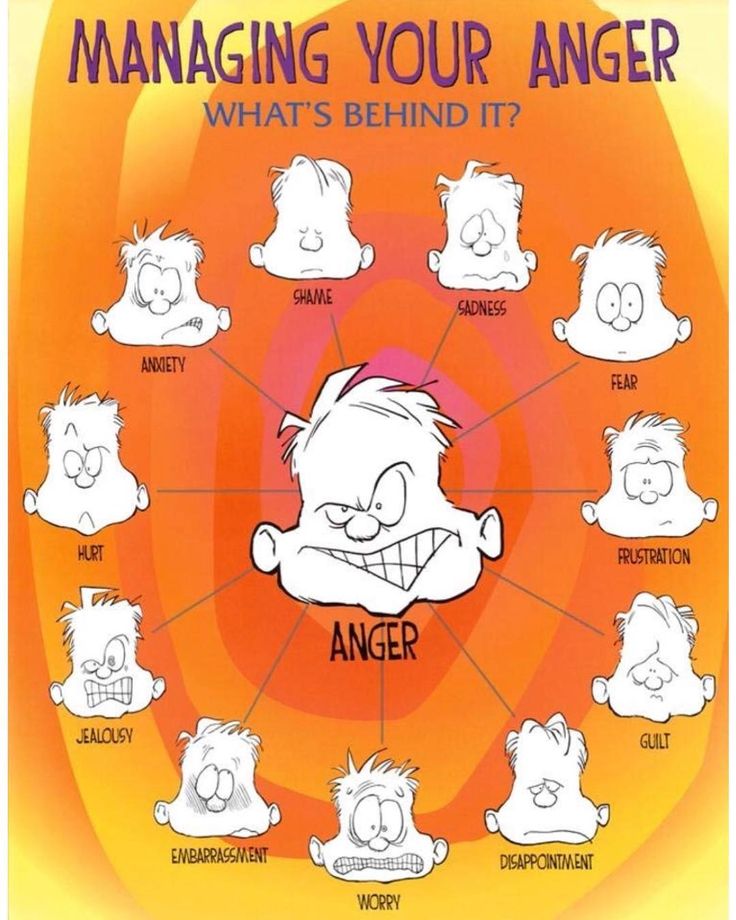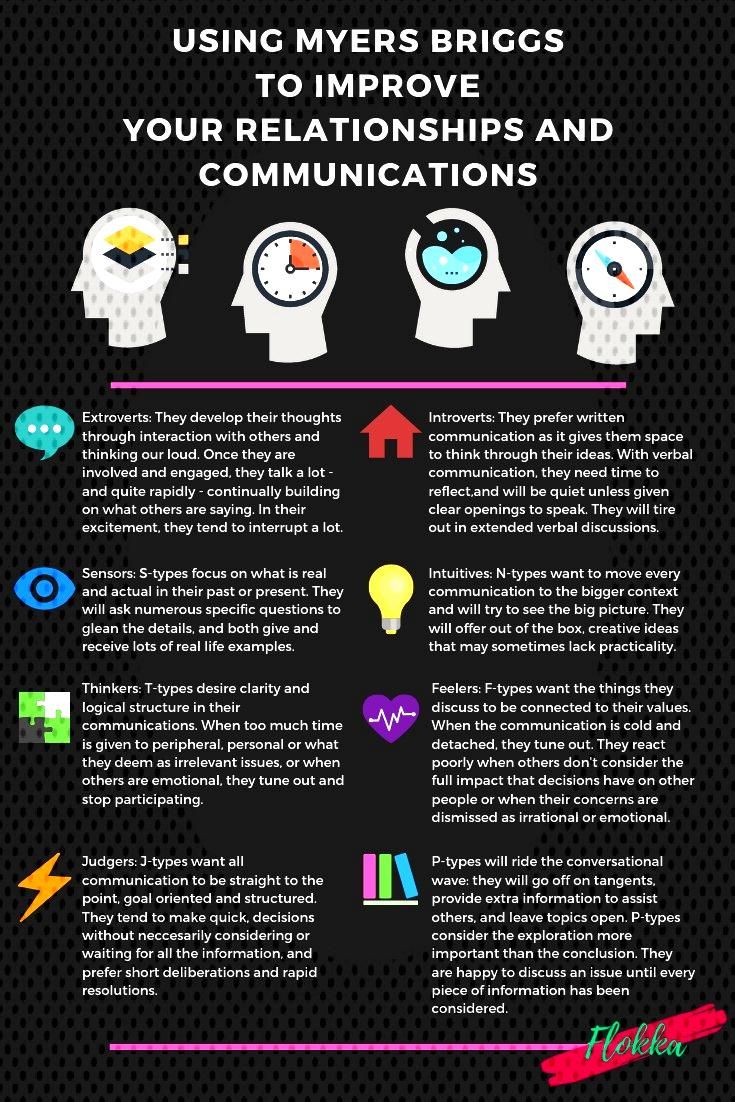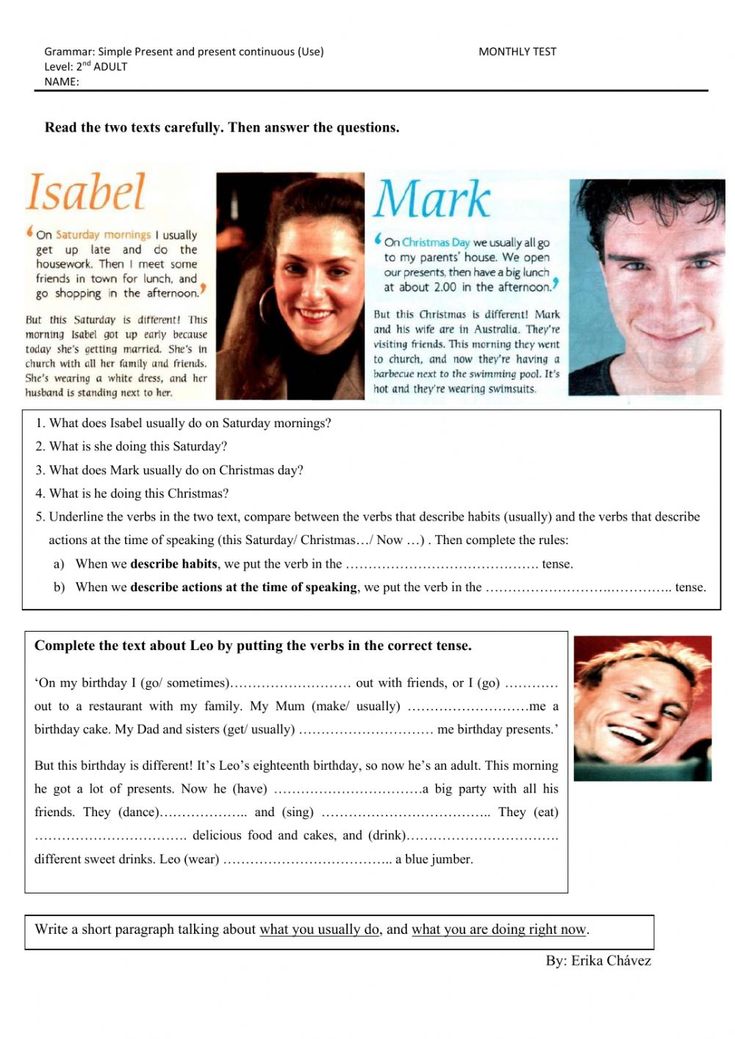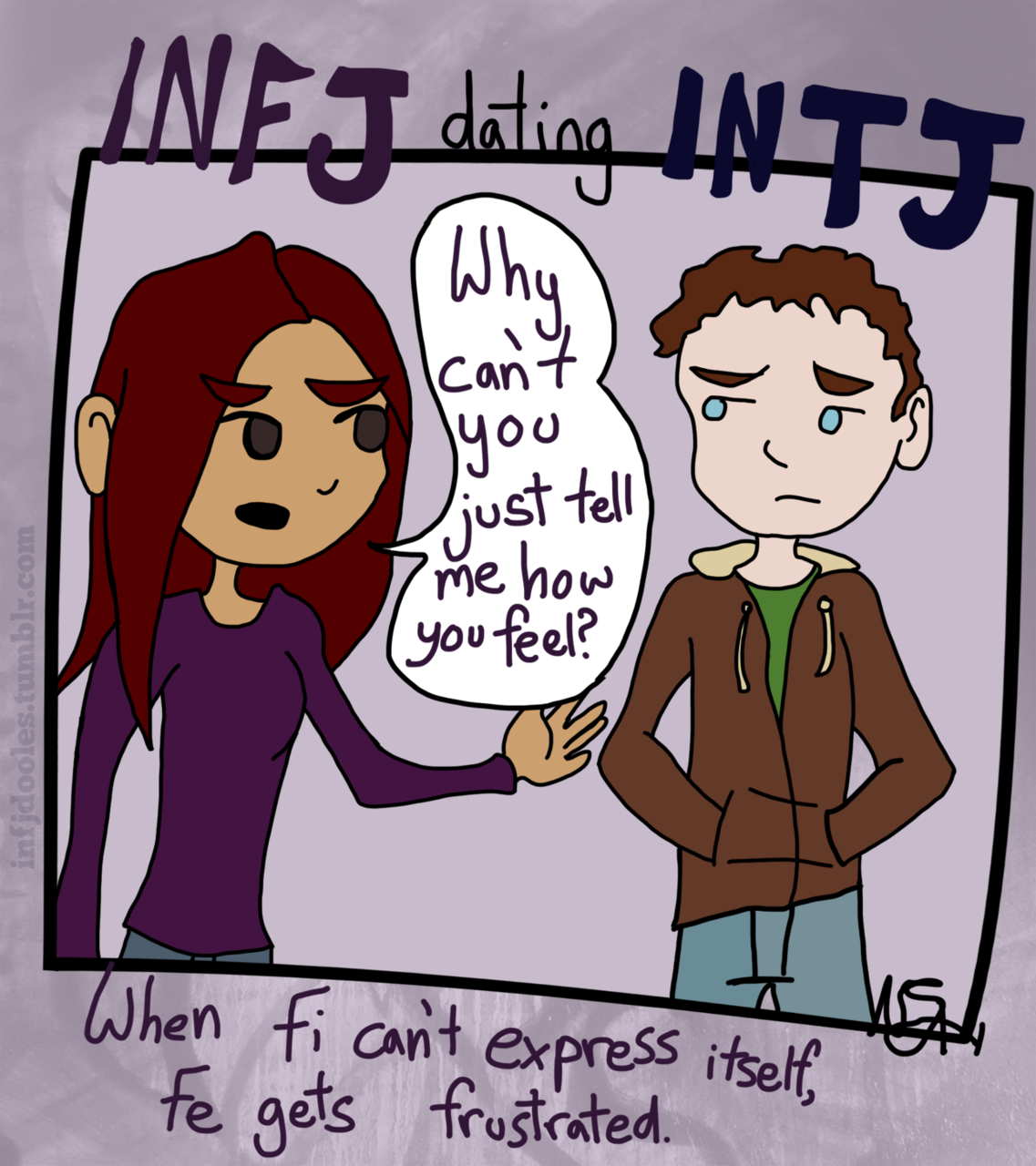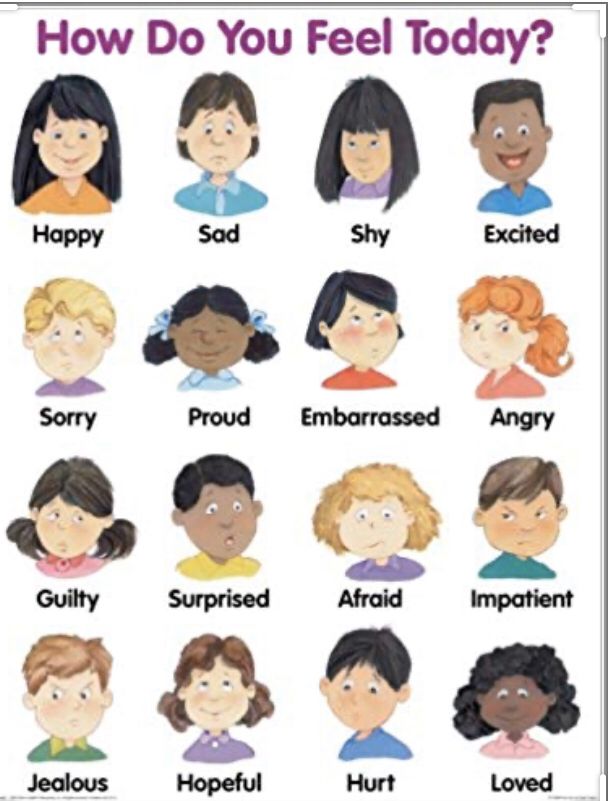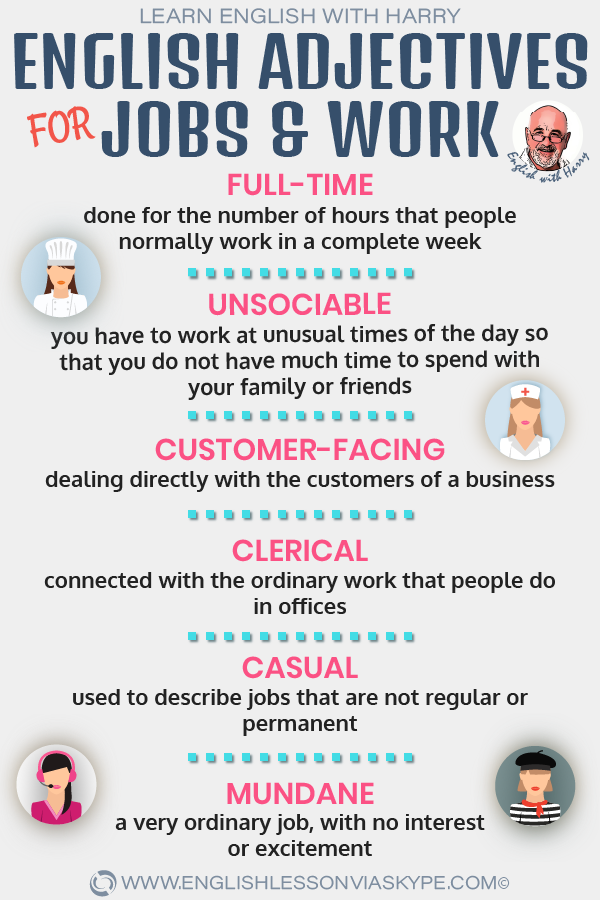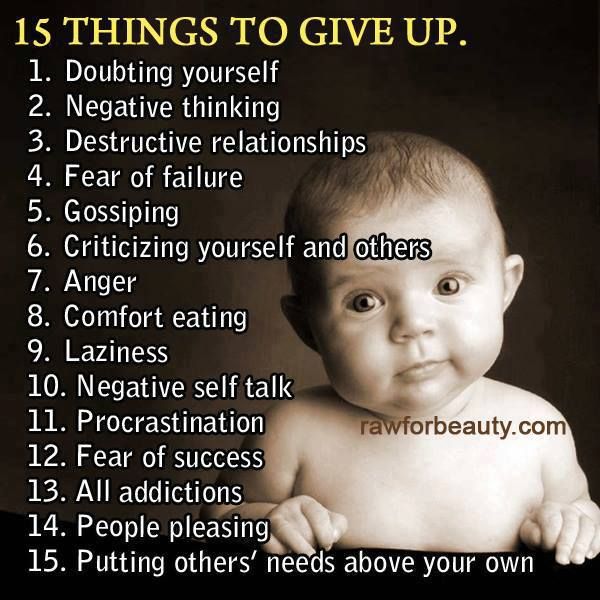What to do when feeling frustrated
18 Ways to Cope with Frustration
Frustration can be hard to put into words – it’s a complicated mix of anger, disappointment, and annoyance. For most health care workers, frustration levels are particularly high right now as many face PPE shortages, minimal workplace support, and a seemingly careless general public. Anger and frustration aren’t always productive emotions, and while we can’t necessarily control that we feel them, we can control how we react to them. If you need to release some of your pent-up negative energy, here are some healthy ways to do so:
- Do some breathing exercises: when having a strong emotional response, you may notice your breath getting faster and shallower. By regulating your breathing, you can get more oxygen to your brain and help yourself calm down. A good technique is 4-7-8 breathing: breathe in for four seconds, hold for seven, breathe out for eight
- Progressive muscle relaxation: one of the ways our bodies respond to heightened emotion is with muscle tension.
Relieving that physical tension will help your mind relax too. Lay down and work your way through each muscle group: tense as you slowly inhale, and release as you slowly exhale. If you prefer some instruction, try a guided audio.
- Meditate: Meditation can be a great way to connect with your feelings, but it can also help you create space between your thoughts and emotions as you settle into self-awareness. Download an app like Headspace or Calm and look for a guided meditation that fits how you’re feeling.
- Exercise: Physical activity is a mood booster, helps you regulate stress and adrenaline, and is a healthy way to release pent-up energy. If you can, try going for a run and really focus on your feet hitting the ground. If you prefer instruction, see if your local gym has online classes or search for your favorite type of workout on YouTube.
- Yoga: If you prefer low-impact workouts, yoga is a great way to get your body moving in a meaningful way.
 Yoga Pose has an online directory of poses searchable by symptom (like anxiety or back pain) and has categories including poses for calmness.
Yoga Pose has an online directory of poses searchable by symptom (like anxiety or back pain) and has categories including poses for calmness.
- Vent: Ruminating on your anger only perpetuates it, so give yourself some time to let it all out with a trusted friend. As long as you don’t focus on it for too long, venting can be a healthy emotional outlet – just try to keep it to 15 minutes, and then move on to more positive conversation. If you want to vent anonymously, try an app like Lyf or reach out to Magellan Health’s free crisis hotline for frontline workers at 1(800) 327-7451.
- Journal: If you’re dealing with the the kind of frustration where you can’t even think straight, try writing (or typing) it all out. This can help you process a situation and calm your brain down so you can approach the issue with a more level head.
- Get outside: Spend some time in your backyard, go for a walk around the block, or head to your favorite park.
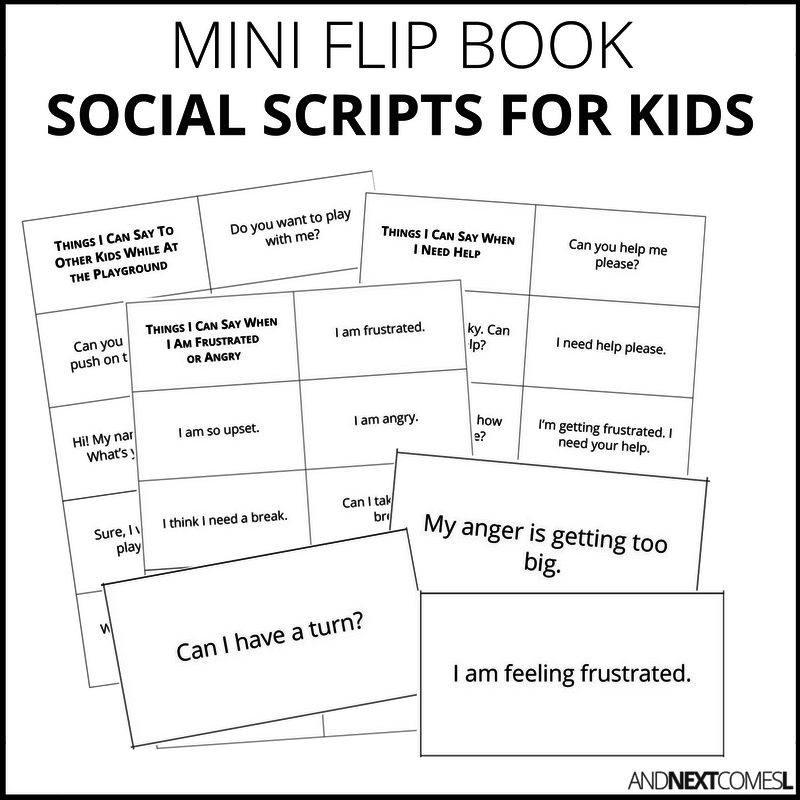 If you’re crunched for time, even just stepping out for 60 seconds of fresh air can help you recalibrate. To really help ground yourself, slip off your shoes and let your bare feet touch the dirt or grass.
If you’re crunched for time, even just stepping out for 60 seconds of fresh air can help you recalibrate. To really help ground yourself, slip off your shoes and let your bare feet touch the dirt or grass.
- Manage your expectations of others: Often, negative feelings come from misaligned expectations. Recognize that you can’t fully anticipate anyone else’s behavior; change your own mental framework so that you aren’t holding them to standards they won’t meet – it’s only hurting you.
- Treat yourself: Sometimes you just want to lay on the couch with a bag of chips and your favorite movie, and that’s OK! As long as it doesn’t become an unhealthy habit, there’s nothing wrong with treating yourself to some guilty pleasures.
- Spend some time with animals: Many people find animals to be a source of comfort and support. Interacting with animals has been shown to decrease levels of cortisol (a stress hormone) and lower blood pressure, as well as elevate levels of serotonin and dopamine, which calm and relax[i].
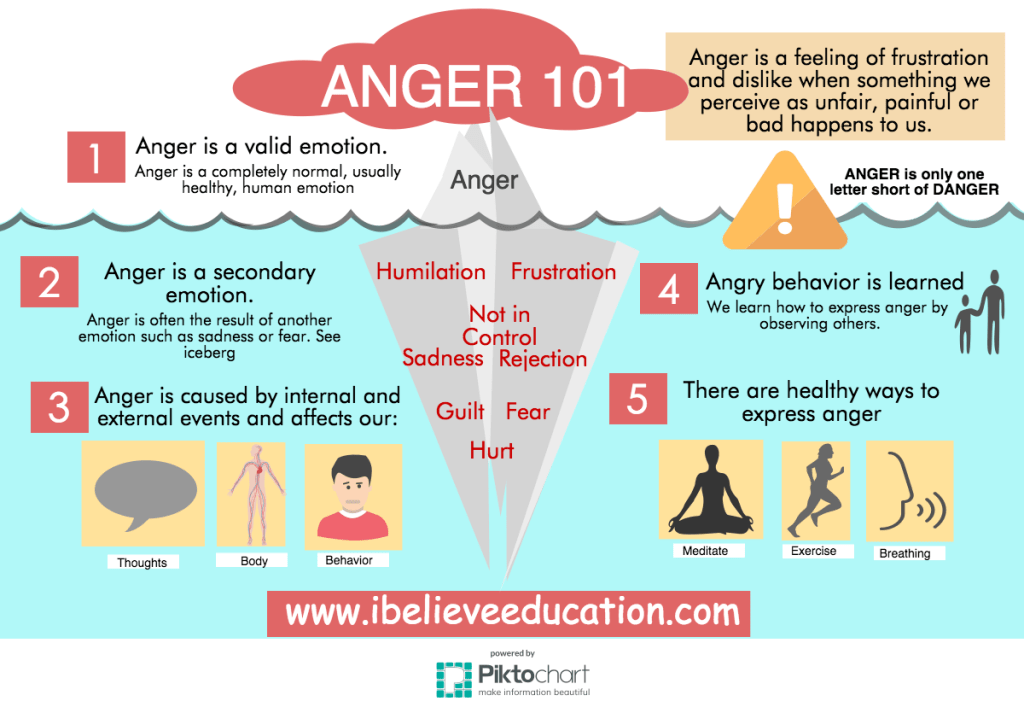
- Distract yourself: Leaning into feelings doesn’t always help. If you need to detach from your anger, try doing something that requires focus (like a puzzle or reading).
- Take a nap: We all need a brief reset at times. If you hit a wall where you are completely overwhelmed with everything going on, set a timer for 20 minutes and climb into bed. The rest will do your brain well and checking out for a little bit often helps you go about the rest of your day with a fresh start.
- Start a garden or get a new houseplant: Numerous studies have found that the act of gardening can be beneficial for numerous health outcomes, including anxiety and stress reduction[ii]. Don’t have the outdoor space? Taking care of an indoor plant has similar effects on your mental health[iii].
- Get creative: Art is a great tool for emotional expression. Crafting, drawing, painting, writing poetry, and other art forms are all healthy ways to channel your anger into something fun.

- Turn on some music: Music has a powerful effect on our brains. Search for a playlist of relaxing or happy music to turn your frustration into a more enjoyable emotion. Bonus points if you dance it out!
- Get organized: Take ten minutes to clean, plan, or otherwise streamline something in your life. Turning your extra energy into something productive will not only help you get rid of some of that frustration, but you’ll also have accomplished something.
- Wash your face: It seems so simple but putting cold water on your face doesn’t just feel refreshing – it triggers your mammalian diving reflex which slows your heart rate and breathing. By reducing the physical symptoms of frustration, you can interrupt your brain’s feedback loop and reduce your emotional frustration as well.
[i] National Institutes of Health. (February 2018). The power of pets: Health benefits of human-animal interactions. NIH News in Health. https://newsinhealth.nih.gov/2018/02/power-pets
NIH News in Health. https://newsinhealth.nih.gov/2018/02/power-pets
[ii] Soga, M., Gaston, K.J., & Yamaura, Y. (2017). Gardening is beneficial for health: A meta-analysis. Preventive Medicine Reports, 5, 92-99. https://doi.org/10.1016/j.pmedr.2016.11.007
[iii] Lee, M.S., Lee, J., Park, B.J., & Miyazaki, Y. (2015). Interaction with indoor plants may reduce psychological and physiological stress by suppressing autonomic nervous system activity in young adults: a randomized crossover study. Journal of Physiological Anthropology, 34(1). DOI: 10.1186/s40101-015-0060-8
Frustrated? Here's What's Really Going On
Frustrated? Here's What's Really Going On | Psych Central- Conditions
- Featured
- Addictions
- Anxiety Disorder
- ADHD
- Bipolar Disorder
- Depression
- PTSD
- Schizophrenia
- Articles
- Adjustment Disorder
- Agoraphobia
- Borderline Personality Disorder
- Childhood ADHD
- Dissociative Identity Disorder
- Narcissistic Personality Disorder
- Narcolepsy
- Oppositional Defiant Disorder
- Panic Attack
- Postpartum Depression
- Schizoaffective Disorder
- Seasonal Affective Disorder
- Sex Addiction
- Specific Phobias
- Teenage Depression
- Trauma
- Featured
- Discover
- Wellness Topics
- Black Mental Health
- Grief
- Emotional Health
- Sex & Relationships
- Trauma
- Understanding Therapy
- Workplace Mental Health
- Original Series
- My Life with OCD
- Caregivers Chronicles
- Empathy at Work
- Sex, Love & All of the Above
- Parent Central
- Mindful Moment
- News & Events
- Mental Health News
- COVID-19
- Live Town Hall: Mental Health in Focus
- Podcasts
- Inside Mental Health
- Inside Schizophrenia
- Inside Bipolar
- Wellness Topics
- Quizzes
- Conditions
- ADHD Symptoms Quiz
- Anxiety Symptoms Quiz
- Autism Quiz: Family & Friends
- Autism Symptoms Quiz
- Bipolar Disorder Quiz
- Borderline Personality Test
- Childhood ADHD Quiz
- Depression Symptoms Quiz
- Eating Disorder Quiz
- Narcissim Symptoms Test
- OCD Symptoms Quiz
- Psychopathy Test
- PTSD Symptoms Quiz
- Schizophrenia Quiz
- Lifestyle
- Attachment Style Quiz
- Career Test
- Do I Need Therapy Quiz?
- Domestic Violence Screening Quiz
- Emotional Type Quiz
- Loneliness Quiz
- Parenting Style Quiz
- Personality Test
- Relationship Quiz
- Stress Test
- What's Your Sleep Like?
- Conditions
- Resources
- Treatment & Support
- Find Support
- Suicide Prevention
- Drugs & Medications
- Find a Therapist
- Treatment & Support
Medically reviewed by Danielle Wade, LCSW — By Janelle Cox — Updated on Sep 19, 2022
Frustration, if left unaddressed, can evolve to helplessness, annoyance, anger, or rage. You can overcome it if you get to the root of it and self-care.
You can overcome it if you get to the root of it and self-care.
Feelings of frustration are emotions that most of us feel from time to time. If you have a low tolerance for frustration, there are steps you can take to help you keep your anger in check.
Frustration is an emotion that you may experience as a result of feeling powerless or helpless at the moment. It can also be a precursor to anger.
It’s a common feeling that may occur when something doesn’t turn out as you expected, or is outside of your control, like waiting in a long line at the grocery store when you have somewhere else to be.
When something frustrating like this happens, it can create stress, especially if you have a hard time letting things go.
If you’re unsure what to do when frustrated, there are strategies you can use to help minimize the impact of frustration in your life.
When you’re feeling frustrated you can take a moment to pause and breathe. Focusing on your breath and breathing deeply from your diaphragm can help reduce negative feelings and ease any tension you may have in your body, according to a 2017 study.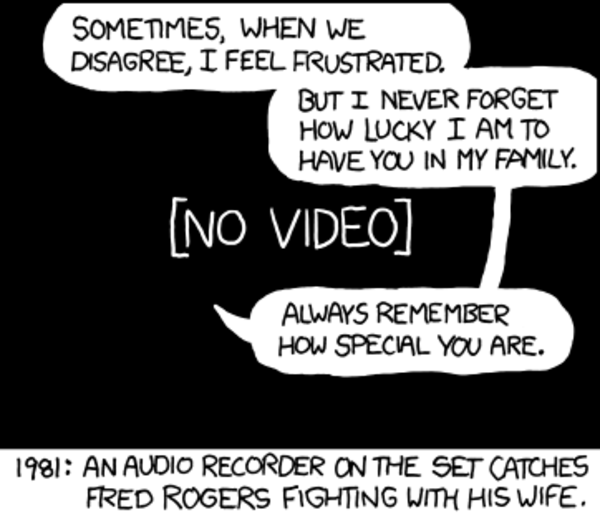
Sarah Kaufman, a licensed social worker in New York City suggests trying these breathing exercises:
- 4-7-8 breathing: Inhale for 4 seconds, hold for 7 seconds, and exhale for 8 seconds. Repeat 3 times.
- Boxed breathing: Inhale for 4 seconds, hold for 4 seconds, exhale for 4 seconds, and hold for 4 seconds. Repeat 3 times.
To help reap the benefits that come from this exercise, practice slow, controlled breathing that comes from your belly and not your chest.
The next time you’re feeling frustrated stop and ask yourself what may be causing you to feel this way.
You can notice your emotions as they arise.
Emotional wheels are very effective at illustrating root emotions and their related emotions. Putting a name to how you feel might help you to decide what productive steps to take to soothe your frustration.
If you know you get frustrated when there’s a long line at the gas station every Friday, you might take a beat to identify why you’re frustrated.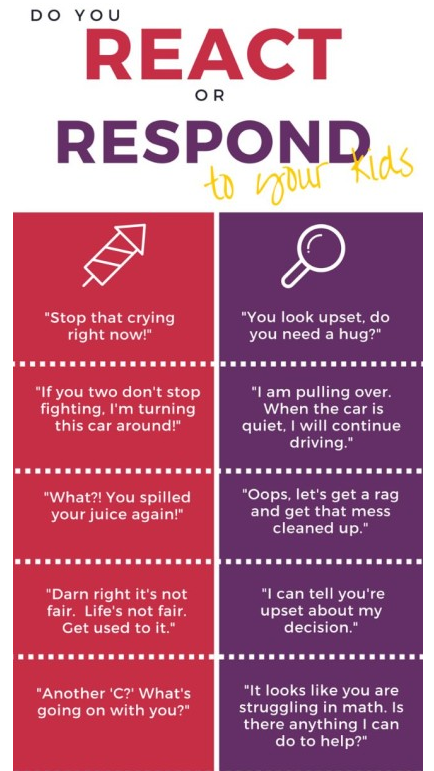 If what you’re feeling is impatience, you can take steps to avoid time triggers and go on a less busy day.
If what you’re feeling is impatience, you can take steps to avoid time triggers and go on a less busy day.
If you get frustrated in midday meetings regularly, you might do a body scan and discover you’re hangry. You can take steps to eat something filling beforehand.
Taking the time to get your feelings down is a great way to help make sense of them. But only recap the situation that caused the frustration if it gives you peace of mind, says Kaufman.
“Freewriting can offer an opportunity for deep reflection and allow for emotions to come up that you didn’t know were there.”
Consider spending a few minutes when you’re feeling frustrated to journal your thoughts and feelings, this can help to decrease your mental distress as well as have a positive impact on your well-being, as a 2018 study shows.
Physical exercise produces feel-good chemicals in your brain called “endorphins,” these chemicals act as a natural painkiller that can help improve your sleep as well as stress, according to the Anxiety and Depression Association of America (ADAA).
You don’t have to engage in a full-body, lengthy workout to reduce frustration, says Kaufman. “Try short, quick movements, like 5–10 minutes of crunches, jumping jacks, or pushups.”
A common sign of frustration or anger is an increase in heart rate, which can increase your body temperature. By cooling down your body, you can lower your heart rate, which can reduce your feeling of frustration, says Kaufman. She and suggests trying:
- splashing cold water on your face
- holding an ice cube in your hand
- going for a walk if it’s cool outside
The signs of frustration can vary from person to person. Common signs of frustration include:
- anger
- feeling anxious or on edge
- irritable
- annoyed
- losing your temper
Remember, feelings of frustration are common. You’re not alone in frustration, but you can consider taking mindful steps.
Frustration is a common emotion that you may feel when things don’t go the way you expected or because of your inability to achieve something.
It’s usually associated with anger or prefaced by feelings of inability.
The key to managing your frustration is to understand your feelings by identifying them and writing them out. You can also change how it impacts your daily life by:
- deep-breathing exercises
- physical activity
- cooling down your body
If you continue to feel overwhelmed and the strategies you’ve tried aren’t enough to help, consider reaching out to a mental health professional. You can visit Psych Central’s Find a Therapist resource to find a therapist right for you.
Last medically reviewed on September 17, 2022
7 sourcescollapsed
FEEDBACK:
Medically reviewed by Danielle Wade, LCSW — By Janelle Cox — Updated on Sep 19, 2022
Read this next
How to Channel Your Anger into Productive Action
Medically reviewed by Danielle Wade, LCSW
Anger is a useful emotion, but it can take some practice to learn how to harness it positively.
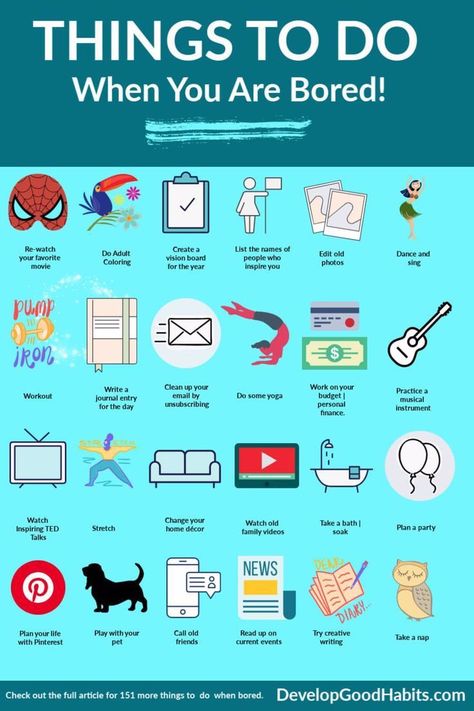
READ MORE
When You Don’t Feel Like Yourself
Medically reviewed by Karin Gepp, PsyD
When you don’t feel like yourself it can seem like nothing is aright. Here’s how to reset.
READ MORE
Why Am I So Sensitive?
Medically reviewed by Debra Rose Wilson, PhD, MSN, RN, IBCLC, AHN-BC, CHT
The explanation you didn't know you've been searching for. Here's why you may be sensitive to your and others' emotions, plus external stimuli.
READ MORE
9 Healthy Habits for Managing Holiday Stress
Medically reviewed by Joslyn Jelinek, LCSW
The holiday season is a time to be surrounded by friends and family. Delegating responsibility and setting boundaries can help you manage holiday…
READ MORE
How Does Caffeine Affect Your Body?
Medically reviewed by Alexandra Perez, PharmD, MBA, BCGP
Caffeine affects the body in several ways, from your brain to your digestive system.

READ MORE
11 Tips to Help You Deal With Burnout
Medically reviewed by Vara Saripalli, PsyD
If you're dreading going to work or feel overwhelmed, you could be experiencing job burnout. Mental health experts shared 11 actionable ideas that can…
READ MORE
How to Be Less Stressed: 8 Ways
When left unmanaged, stress can affect everything from your health to relationships. Here are 8 tips you can start using today for a calmer life.
READ MORE
Important Facts to Know About Stress
Medically reviewed by Kendra Kubala, PsyD
Long-term stress can affect your body and health in these surprising ways.
READ MORE
What Are the Long-Term Effects of Stress?
Medically reviewed by Vara Saripalli, PsyD
Most people experience stress sometimes — but the effects of long-term stress can impact you both physically and mentally.

READ MORE
How Stress Affects Mental Health
Medically reviewed by N. Simay Gökbayrak, PhD
Everyone experiences stress from time to time. When it becomes chronic, it can affect your mental health.
READ MORE
9 ways to survive disappointment in people and change your attitude towards them
Is disappointment as bad as it is painted? On the one hand, it always hurts us to be disappointed in those people whom we considered close and trusted. On the other hand, disappointment helps us see the world for what it really is and teaches us how to deal with the knowledge we have gained. And in order to adapt to reality and find the strength to survive disappointment, you can use a few tips below.
1. You are disappointed in your expectations, not in the people themselves
To put it simply, we are all different, and we also think differently. We do what we think is right, and often the intentions of one person do not coincide with the intentions of another. It may seem to you that you know your friend, your girlfriend or your colleague well, but it is impossible to say that you always correctly interpret the motives of their actions. You may be disappointed by their behavior simply because you expected them to do something completely different. For example, when you complain to your friend about a difficult situation, and he gives you advice or just tries to console you, although you expect help from him, do not rush to be offended and break ties. Perhaps he is just waiting for you to ask him for a favor. And that's okay. Try to clarify the situation first and only then draw conclusions. And remember: the less expectations you have, the less you will be disappointed.
We do what we think is right, and often the intentions of one person do not coincide with the intentions of another. It may seem to you that you know your friend, your girlfriend or your colleague well, but it is impossible to say that you always correctly interpret the motives of their actions. You may be disappointed by their behavior simply because you expected them to do something completely different. For example, when you complain to your friend about a difficult situation, and he gives you advice or just tries to console you, although you expect help from him, do not rush to be offended and break ties. Perhaps he is just waiting for you to ask him for a favor. And that's okay. Try to clarify the situation first and only then draw conclusions. And remember: the less expectations you have, the less you will be disappointed.
2. You must weed out people who disappoint you over and over again
Be careful and careful with people who regularly disappoint you. If, despite numerous conversations and requests, they continue to offend or let you down with their actions, minimize communication with them or even change the company.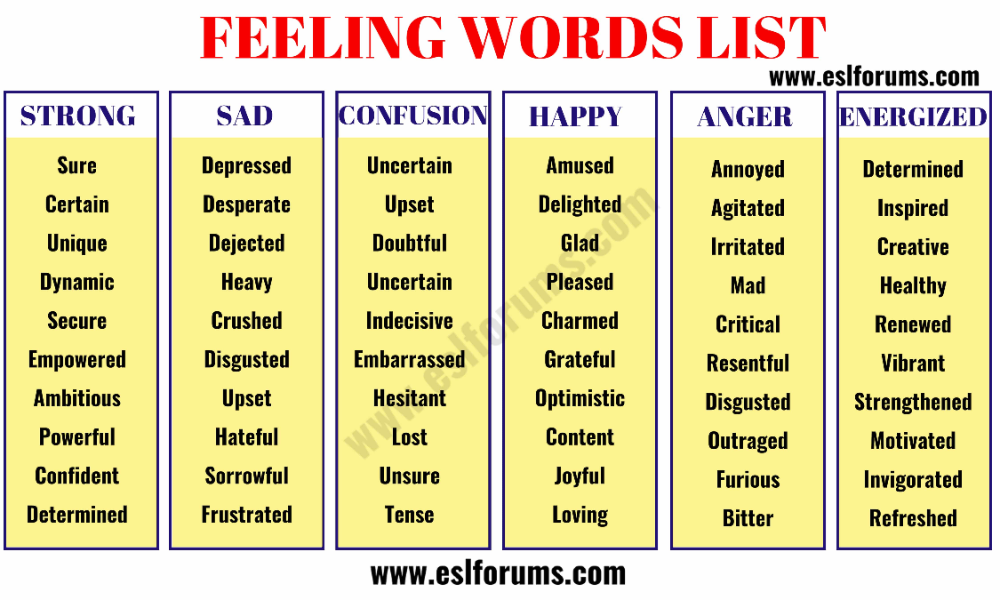 Maintain positive contacts, build happy relationships with reliable people who are able to understand you.
Maintain positive contacts, build happy relationships with reliable people who are able to understand you.
6 tips for those who want to create a positive environment for themselves
3. Understand that disappointment is not always bad
Disappointment may seem like a challenge to you, but try to look at the situation from a different angle. It is better to be disappointed in a person before he has time to set you up big or cause you serious harm. Frustration can tell you which people to continue building trust with and which ones to say goodbye to. Appreciate it.
4. You have the right to feel what you feel
You don't have to go to great lengths to ignore disappointment. If a person really messed up, you have every right to do as your heart tells you, 3 to be offended, upset, try to talk seriously about what is bothering you.
5. Stop focusing on the negative
You shouldn't live thinking about what an unfortunate, abandoned and betrayed person you are.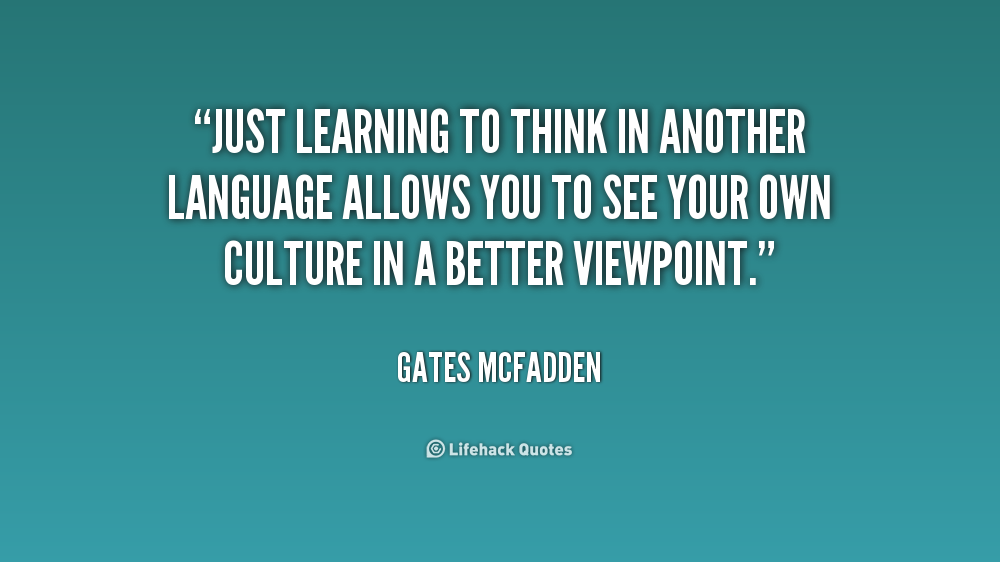 It is unlikely that anyone will want to feel sorry for you - most likely, your whining will get tired of everyone who will be next to you very quickly. Leave all disappointing thoughts behind and try to live on, not returning to suffering at every opportunity.
It is unlikely that anyone will want to feel sorry for you - most likely, your whining will get tired of everyone who will be next to you very quickly. Leave all disappointing thoughts behind and try to live on, not returning to suffering at every opportunity.
6. Try to understand why the person acted the way they did.
Try to put yourself in the other person's shoes and think about it - perhaps your friend had a good reason for doing it. It may turn out that his actions are the safest and most reasonable scenario in a particular life situation. And that he really didn't mean to hurt you.
7. Realize that disappointment helps you see the world as real
Disappointment can often be regarded as a positive emotion. She can put you in your place - show you what the real world really is, make you feel what place you occupy in it. Disappointment clears your life of dangerous illusions, allowing you to consider real limitations and virtues when making decisions.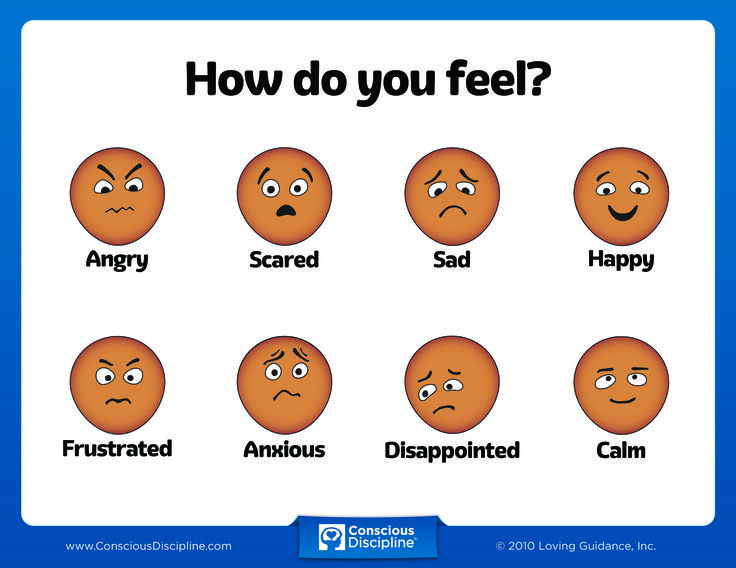 In addition, disappointment teaches us that we cannot control the world around us - there are things that do not depend on us in any way. Simply put, other people and events don't have to be right for you.
In addition, disappointment teaches us that we cannot control the world around us - there are things that do not depend on us in any way. Simply put, other people and events don't have to be right for you.
9 signs that your life in social networks is much cooler than in reality
8. Learn to be attentive and careful towards other people
It is disappointment that teaches us to be more careful about people, situations and relationships. Having experienced disappointment in a loved one, you will be more careful with what you have so as not to repeat the sad scenario again.
9. Build your relationship with the person who disappointed you based on your inner feelings
Be careful not only with who causes your disappointment, but also with your emotions. You should not forgive a person when you realize that you are not yet ready for this internally. You feel fear and tension - move away, look closely. No one should judge you for being too careful.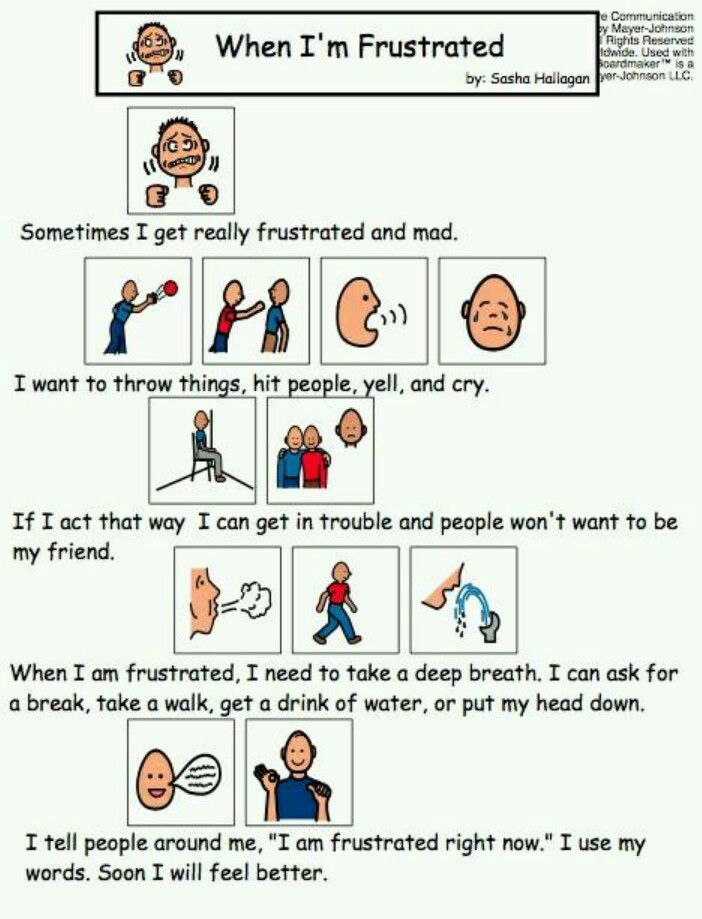
And what's next, or How to survive disappointment
Psychology
What do you think is the reason why people are most often disappointed? No, wrong, not because of defeats, but because of achievements.
If you have ever worked hard to achieve something, and instead of the expected triumph fell into melancholy, know that this feeling is normal and even has a definition. More precisely, several. Disillusionment, or, in the British equivalent, "illusion of achievement" (arrival fallacy), is the effect that we feel when the belief in long-awaited satisfaction crumbles into dust, despite the strength of expectations. Another term is "success hangover" - a state that follows the euphoria of achievement, reminiscent of real abstinence and also, as you know, joyless.
We often think that we will be happy when we get a job, have a boyfriend, get married, get a promotion, have a baby, move. In fact, achievements rarely live up to expectations. Because before the moment when you arrived at your destination, you were already happy with the expectation, and now you are forced to part with this powerful stimulant.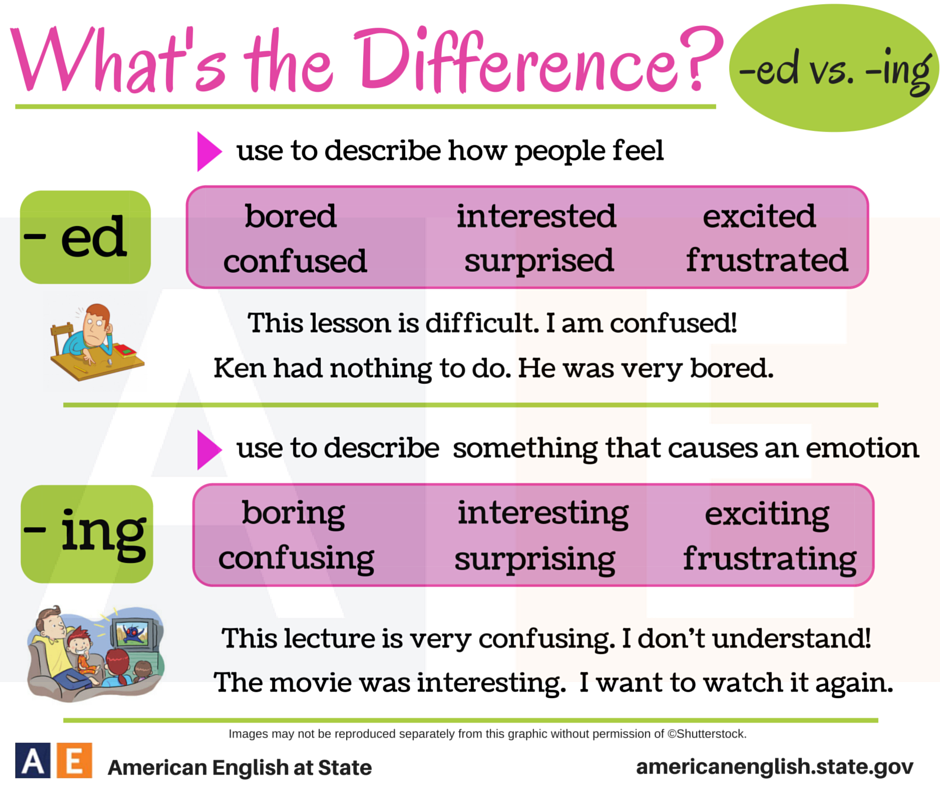 The trick is that the path to the goal can be more pleasant than the planned horizons - the most interesting thing comes not later, but now.
The trick is that the path to the goal can be more pleasant than the planned horizons - the most interesting thing comes not later, but now.
Hangover disappointment does not detract from achievements. Goals, of course, are important, you just need to rebuild your attitude towards them, for which a couple of polar, but effective strategies are proposed.
#1. SET MANY GOALS
One way to get around or mitigate potential frustration is to have multiple simultaneous goals in different planes of being, in personal and work life. Thus, when one goal is achieved or “turns sour” at the finish line, you can switch your attention to another without waiting for serious disappointments. In other words, do not merge energy into one achievement, multiply ideas for implementation.
#2. REJECT THEM AT ALL
Another approach is to have no goals or to be very vague about them. Buddhists, by the way, have accumulated a lot of advice on overcoming the "whirlwind of desires. " For example, when you find yourself compulsively wanting something, imagine that you will never have it. Pay attention to any emotions that come with this awareness, such as anger or fear, and the arguments you use to prove to yourself why you should have what you want right now. “End the practice with a brief gesture of kindness by placing your hand on your heart or some other part of your body,” the gurus advise. OK, but what's the point? And sit without desires and achievements? Don't want, don't spend, don't love?
" For example, when you find yourself compulsively wanting something, imagine that you will never have it. Pay attention to any emotions that come with this awareness, such as anger or fear, and the arguments you use to prove to yourself why you should have what you want right now. “End the practice with a brief gesture of kindness by placing your hand on your heart or some other part of your body,” the gurus advise. OK, but what's the point? And sit without desires and achievements? Don't want, don't spend, don't love?
Speaking of love. It's more difficult here. Disappointment in relationships has two subspecies: natural and not very. In the first case, you can lose your ardor in the process of communication, getting to know him better - and either run away or accept it as it is ("well, yes, not an eagle, but I will still love him"). And there are situations when the devaluation process is deliberately turned on, sticking out unpleasant details - this is how the psychological defense mechanism works, which helps not to get bogged down in toxic relationships. Almost like the fable of the fox telling herself she doesn't want the grapes because they aren't ripe yet (although they look terribly seductive).
Almost like the fable of the fox telling herself she doesn't want the grapes because they aren't ripe yet (although they look terribly seductive).
Devaluation relieves pain, but puts an end to the possibility of change, including for the better. The most healing process in a relationship is disappointment without devaluation, deprivation of illusions while maintaining respect for the former and faith in new feelings. Those who are united by something more than naive charm and blind passion, time and shared experience will bind even stronger.
Maybe we should give up under the pressure of unrealized goals and inevitable disappointments? Laugh and let go, let them be. Knowing that accomplishments are not likely to add to happiness doesn't actually change cravings for them. For example, I have been dying for half my life from the desire to arrange a wedding with a veil and a dress, although I know that this will not change much. But until I experience it, I will hang in the curiosity phase.